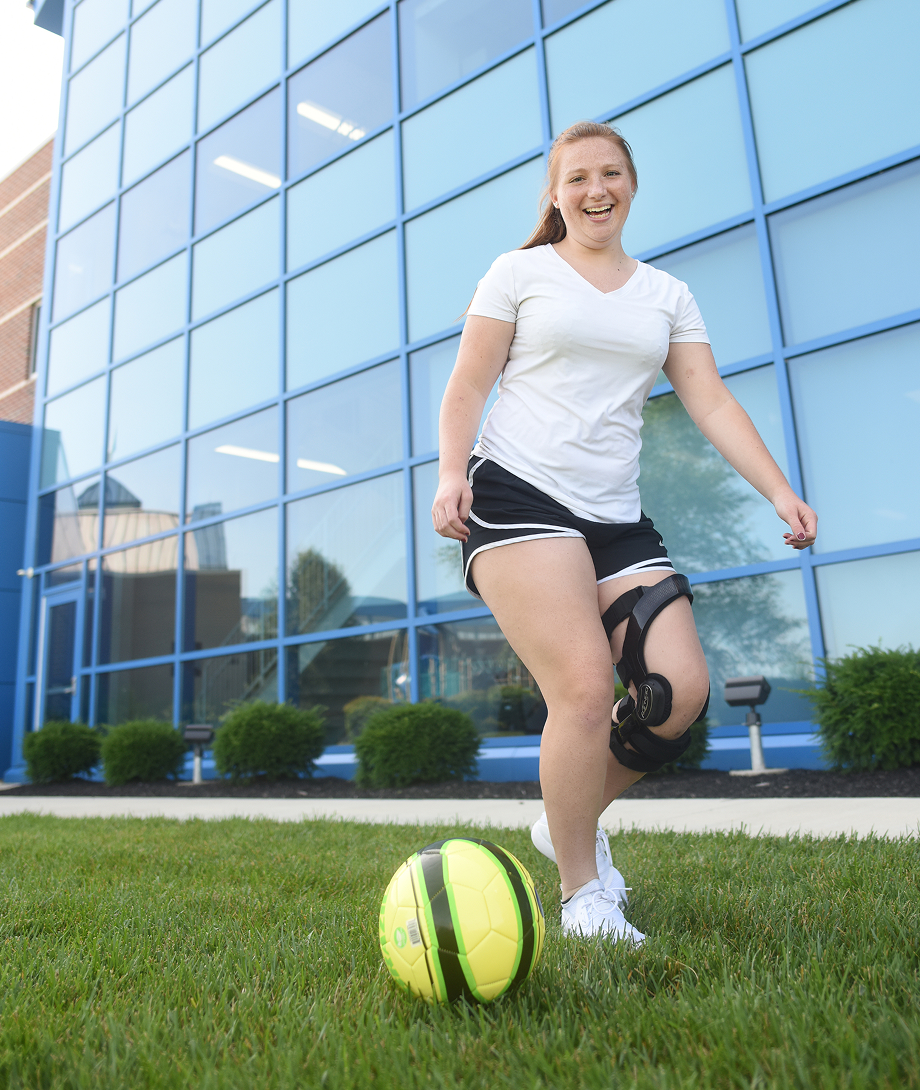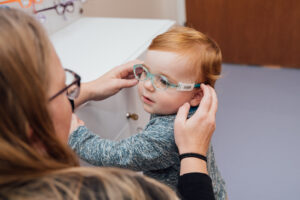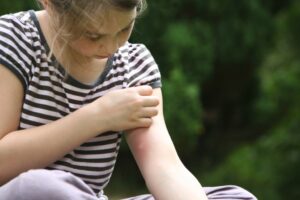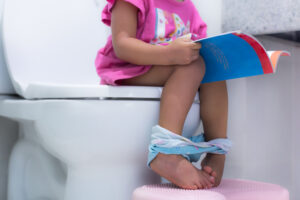when to be concerned
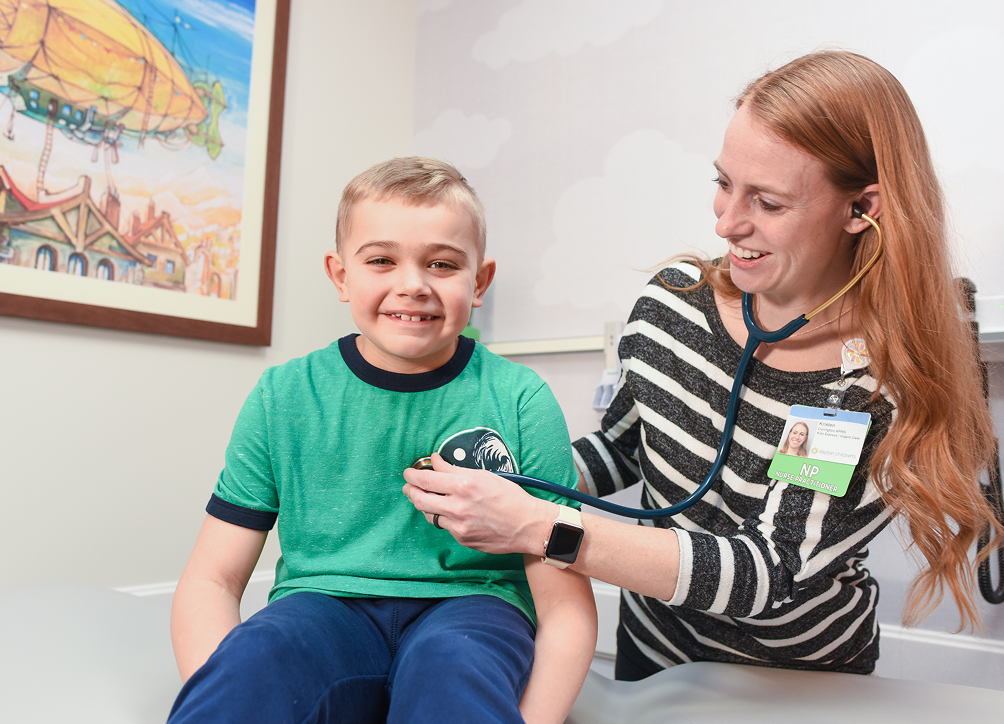

when to be concerned
As a parent, it’s easy to feel helpless when your kiddo isn’t feeling well. We get it! The graphics and links below can help you decide when to be concerned and when to seek care for these common childhood conditions.
care options
When there are many options for care, it can be overwhelming to make a choice on where is the right place to go! Let us help. Check out the details about our emergency department, urgent care, and Kids Express locations!
filter by category

symptom checker
Check symptoms and dosage charts and get quick advice on what to do when your kids are sick.
worried about a symptom? we’re here to help.
From everyday issues like coughs or pink eye to more serious concerns like diabetes or asthma, we help you understand what’s typical — and when to be concerned or find care now. Get expert guidance on your child’s symptoms and conditions from your trusted partner in pediatric care.
